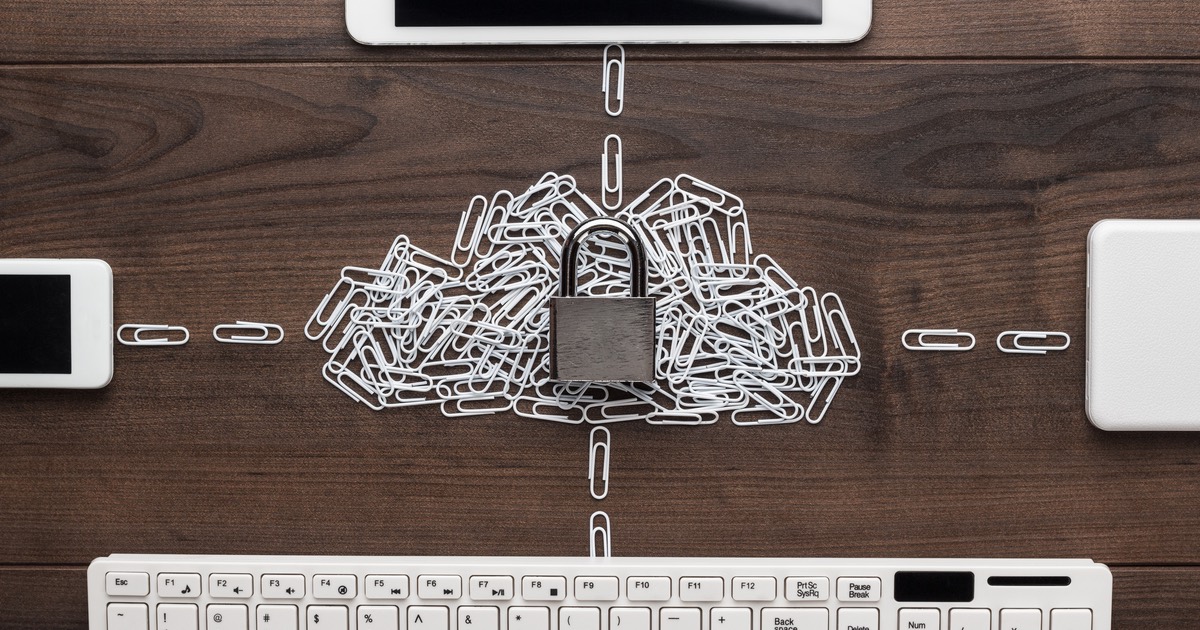
6 Ways to Stay Safe Online
According to statistics, every ten seconds, someone falls victim to a ransomware attack. On average, companies lose around $25 every sixty seconds.[1] The amount is paid to hackers to prevent leakage of confidential data. Cybersecurity continues to be a threat despite widespread awareness. Therefore, you should be careful when you go online. The following tips will help you safeguard your private information:
1. Read the subject line
There’s a difference between skimming through an email and reading it. The latter is more thorough and demands a little bit of your time. Don’t open an email until you know where it’s from and understand the message. Reading helps you find all this information. It allows you to confirm the legitimacy of the sender’s email address.
There’s another reason for reading – to find grammatical errors and typos. If the subject line doesn’t make sense or has a typo, avoid that email because it can be from a hacker.
2. Don’t use the same password
Create a password that’s easy for you to remember and hard to guess. Also, come up with different passwords for all your online accounts. If you use the same password, you risk losing those accounts to hackers.
Since it won’t be easy to keep track of all your passwords, there is software you can use to do that. A password management application can generate random passwords for you and store them in your account for easy retrieval. With this software, you only have to remember one password – the one for the application.
3. Use two-factor authentication
In all your sensitive accounts, make sure you enable two-factor authentication. By luck, the hacker can accurately guess your password. If that happens and you don’t have any other form of security, your account will be lost.
When you enable two-factor authentication, you add an extra layer of security to the login process. The hacker cannot gain access until they add the code sent to your phone. A new feature that could be available in the future is biometric authentication. Consider this option when the time comes.
4. Update your software
Cybercrime remains a threat because hackers are evolving. They are constantly changing and finding new ways to steal private data. If you don’t update your operating system and anti-virus software, your machine can be easily attacked. It can be susceptible to new hacking techniques.
To stop a data breach, turn on the automatic software update feature. That way, your laptop, desktop, or smartphone will update itself when a new version becomes available. Also, if your anti-virus subscription has expired, make sure you renew it to get the latest updates.
5. Avoid unsecured websites
Before you visit a website that lacks the HTTPS protocol, the browser warns you that you’re entering a potentially harmful site. Don’t take the risk if you don’t know the website. Leave as fast as you can because hackers use fake sites to steal your information.
The site may resemble a popular site to trick you into giving out your details. Even if the site is secure, confirm the website address. For example, government websites end with a .gov. If you see one that doesn’t have such a domain suffix, it may be a fake.
6. Don’t download attachments
Sometimes it’s hard to tell the difference between a real and fake email. You can receive an email that has a well-written subject line and message. What makes the email so believable is the fact that it refers to something you did recently – it could be a purchase or presentation. The email is disguised as a follow-up message of some sort with an attachment for you to read.
If you download the attachment and the email turns out to be fake, it will be too late to do anything. That’s because the attachment may contain a virus that attacks your computer after it’s downloaded and opened. The malware secretly steals the information from your folders. Therefore, don’t download anything until you call the sender to confirm their legitimacy.
To conclude, anyone can be a victim of a cyber attack because hackers don’t differentiate companies from individuals. Take the above precautions to safeguard your information. Don’t share your passwords with anyone, and keep your phone locked at all times because you never know who may gain access to it.
[1] Alarming Cybersecurity Stats: What You Need To Know for 2021. https://www.forbes.com/sites/chuckbrooks/2021/03/02/alarming-cybersecurity-stats-------what-you-need-to-know-for-2021/?sh=53bc8b1d58d3
Author: Stephen Wamaitha




